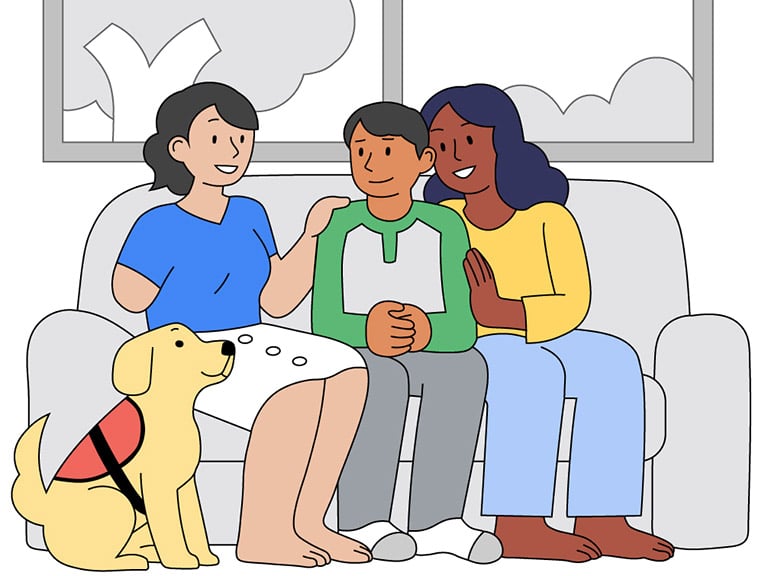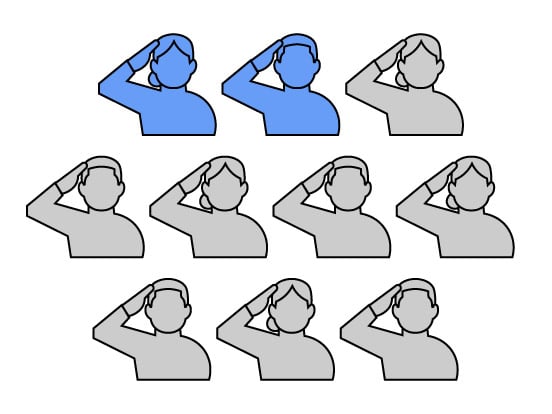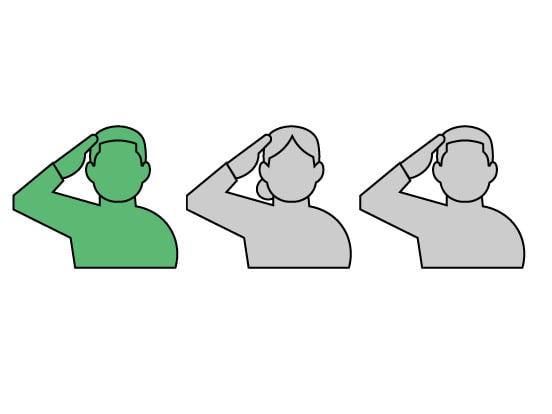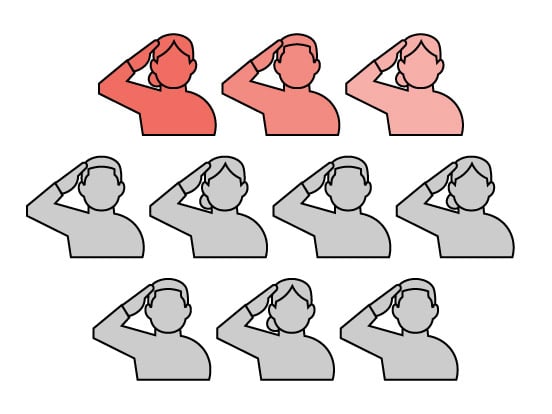
Veterans' voices
Veterans give advice to friends and family
Listen to a diverse group of veterans share their personal messages about how friends and family can show their support.
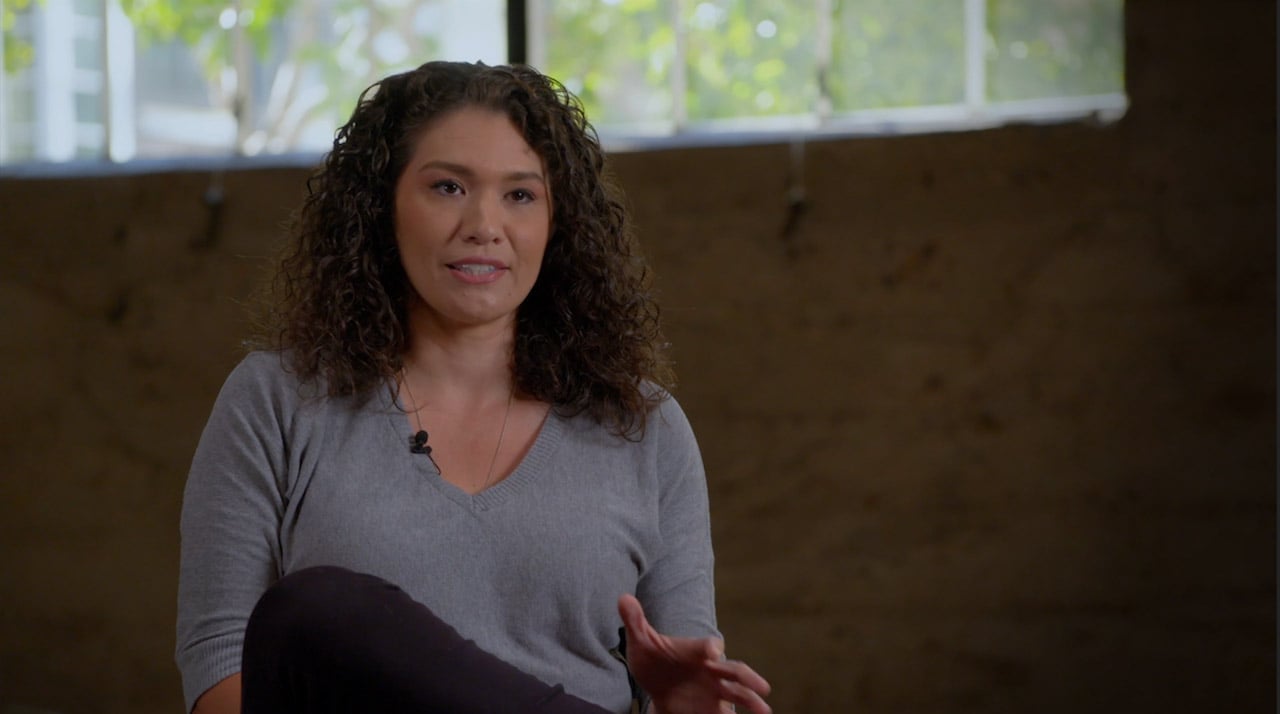
Listen to a diverse group of veterans share their personal messages about how friends and family can show their support.

Invisible & visible Injuries
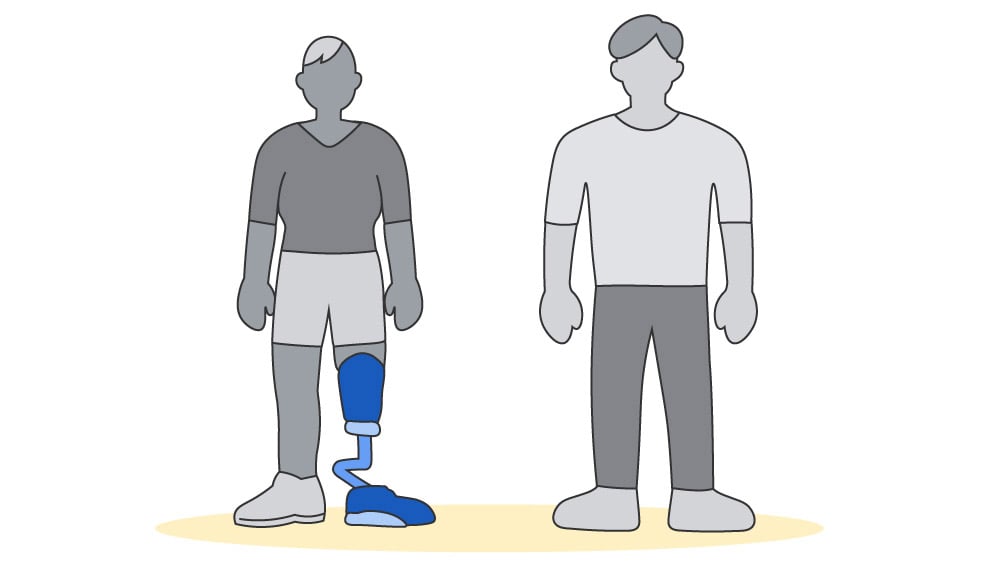
Some veterans' injuries are visible, but invisible wounds such as joint damage from repeated jumps, hearing loss from explosions, or traumatic brain injuries (TBIs) caused by concussive events, can be just as significant. Many veterans have had experiences that can lead to issues such as post-traumatic stress, depression, and/or substance use disorder. If you think that a veteran in your life might be affected by PTSD, consider directing them to the 5-question clinically validated PTSD screener that can be found from Search in the U.S. to take a self-assessment and consider next steps.
Loss of status or purpose

The transition from a structured environment to one where roles and expectations are less clear can also lead to a real or perceived loss of status or purpose. This loss of status, purpose and/or structure can sometimes have a negative effect on veterans’ mental wellness, leading to possible depression and/or unhealthy behaviors such as excessive alcohol use.
Employment
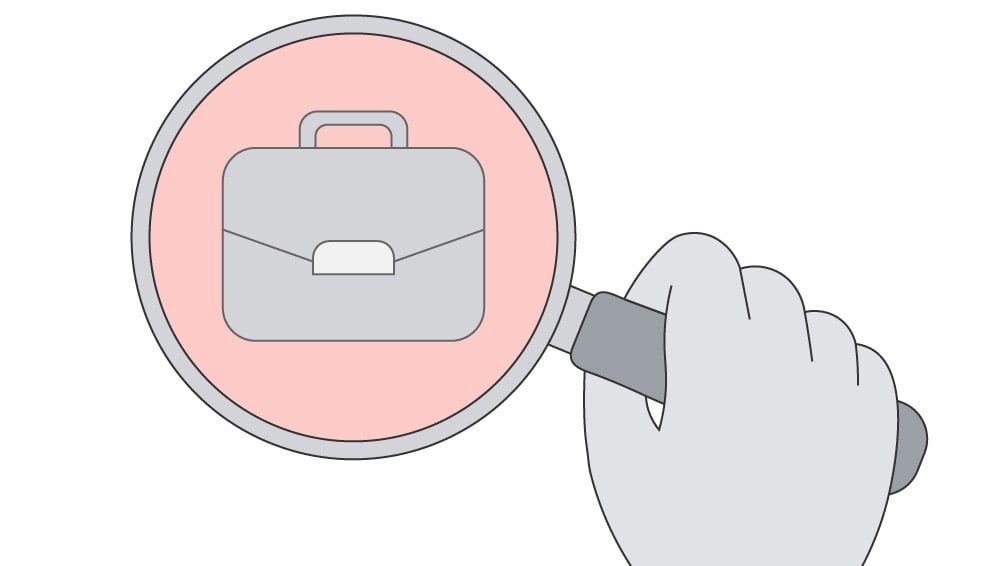
Nearly half of transitioning veterans report difficulty finding jobs in their desired fields. Many skills acquired during their service are transferable, but it can be tough to reposition these skills in a way that resonates with employers. If a veteran in your life is looking for career support, they can visit Grow with Google for veteran-focused resources.
Post-traumatic stress & excessive substance use
Post-traumatic stress (PTS or PTSD) isn't exclusive to veterans, but military personnel are typically more at risk of exposure to traumatic events than the average civilian population. PTSD, i.e. post traumatic stress disorder, is a diagnosis given when a person has difficulty recovering after experiencing or witnessing a traumatic event. Many people trying to combat PTS or PTSD and related issues may cope by using drugs and alcohol to excess.
Hear from Homebase
Learn more about PTSD
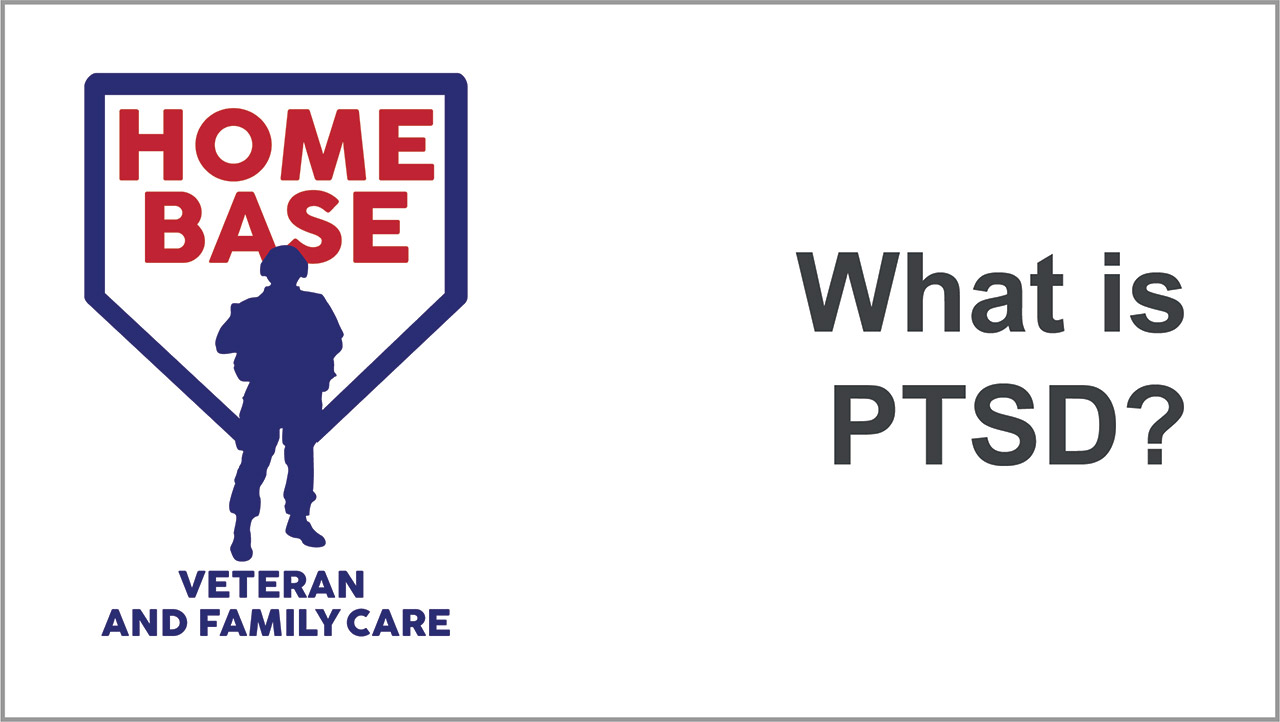
Hear from Homebase
Learn more about PTSD
Watch this video from Homebase about the impact that PTSD can have, the warning signs to look out for, and how you can help. If you want to connect directly with a provider for an appointment, or learn more about the services we offer, visit Homebase here.
Military families and their childrens’ substance use
Children in military families can be at increased risk for substance use due to the frequent transitions associated with relocation assignments, and/or having a parent deployed or injured in the line of duty. If you're a caregiver in a military family, you can use these materials, created by Partnership to end Addiction and the SAFE Project, to start addressing substance use with your kids.
